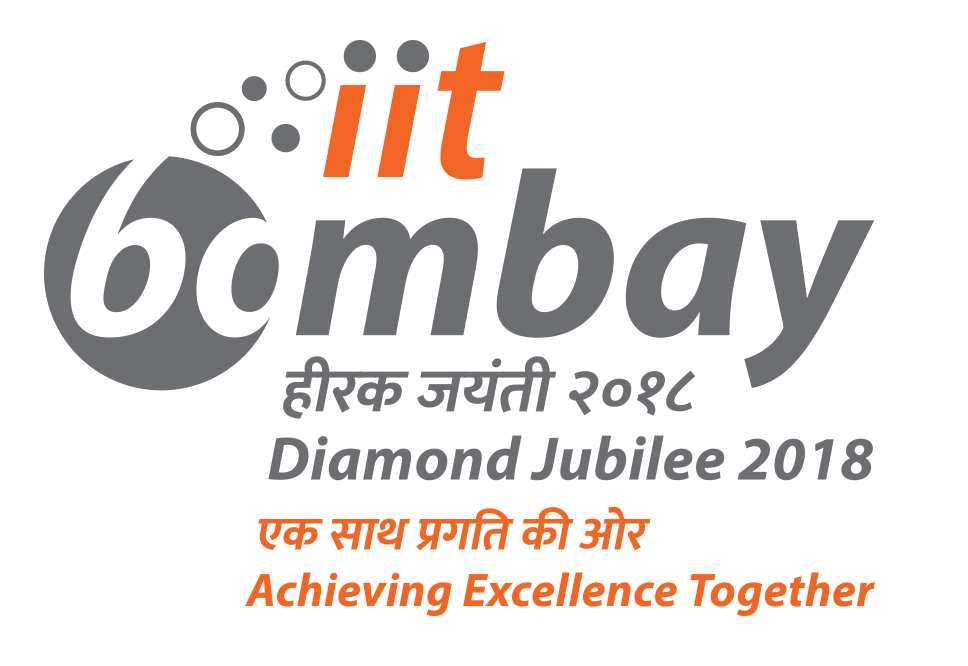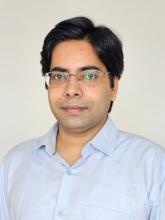329A
I am a quantum condensed matter theorist in the Department of Physics at IIT Bombay. My research focuses on studying quantum phenomena on macroscopic scales. A central theme of my work is understanding the role of topology in quantum matter, with a particular focus on topological phases and the transitions between them.
In a closely related area, I also study unconventional quantum metals in 2+1 dimensions, which still remain poorly understood despite extensive research. By employing both numerical simulations and analytical techniques, my goal is to advance our understanding of these complex and challenging systems. See my CV for more details.
For specific research topics, you are invited to visit my website. I currently have openings for motivated students who would like to work on fundamental problems in condensed matter theory. Please feel free to contact me.
Research Topics:
- Topological Phases and Phase Transitions
- Quantum Hall Physics
- Strongly Correlated and Disordered Systems
- Numerical Methods:
- Density-Matrix Renormalization Group
- Exact Diagonalization
- Hartree-Fock
- Analytical Techniques:
- Quantum Field Theory
- Dualities in 2D
Teaching:
- 2024-25 Winter, PHY 418: Introduction to Condensed Matter Physics, Lecture Notes.
- A numerical study of bounds in the correlations of fractional quantum Hall states
Prashant Kumar, F. D. M. Haldane
SciPost Phys. 16, 117 (2024), arXiv:2304.14991 - Scaling of entanglement entropy at quantum critical points in random spin chains
Prashant Kumar, R. N. Bhatt
Phys. Rev. B 108, L241113 (2023), arXiv:2307.00062 - Neutral Excitations of Quantum Hall States: a Density Matrix Renormalization Group Study
Prashant Kumar, F. D. M. Haldane
Phys. Rev. B 106, 075116 (2022), arXiv:2112.02113 - Numerical Study of a Dual Representation of the Integer Quantum Hall Transition
Kevin S. Huang, S. Raghu, and Prashant Kumar
Phys. Rev. Lett. 126, 056802 (2021), arXiv:2009.07871 - Interaction effects on quantum Hall transitions: dynamical scaling laws and superuniversality
Prashant Kumar, P. A. Nosov, S. Raghu
Phys. Rev. Research 4, 033146 (2022), arXiv:2006.11862


